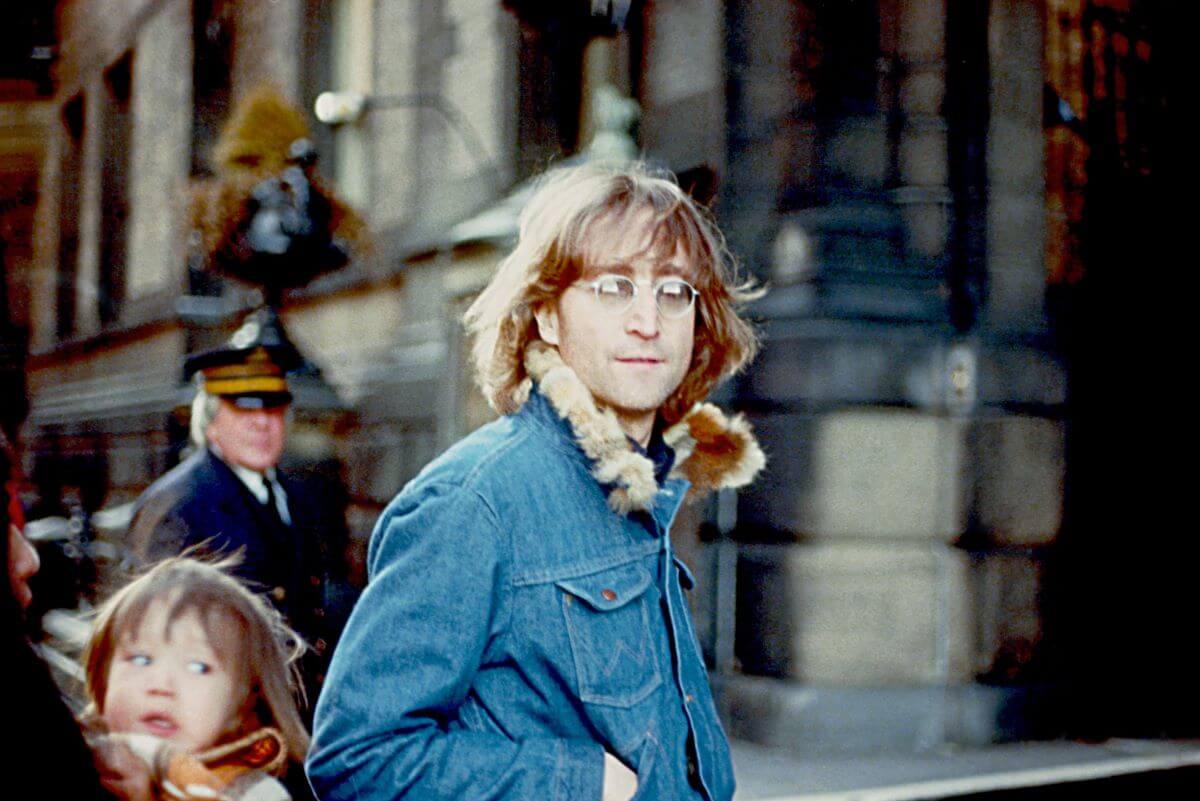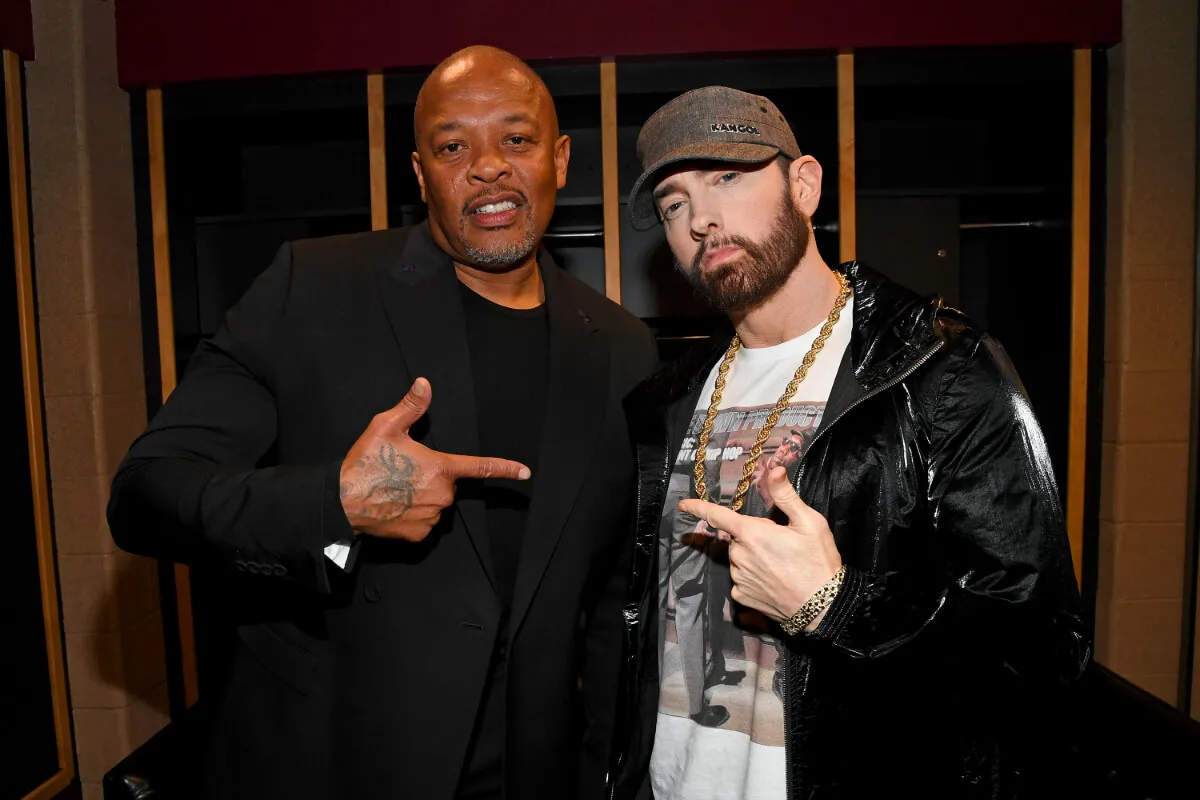
Why John Lennon ‘Knew’ the U.S. Government Was ‘After Him’ by 1972: ‘This Was Serious’
In the 1970s, John Lennon was in New York, living in a constant state of concern that the U.S. government had it out for him. He had a right to be concerned. The Nixon administration wanted to deport the Beatle, and he endured a lengthy legal battle to stay in the country. By 1972, Lennon realized just how serious the situation was. He noted that people were following him and believed people were listening in on his phone conversations.
John Lennon grew concerned that he was under surveillance by the U.S. government
Lennon and Yoko Ono became heavily involved in the anti-war movement. They staged demonstrations for peace and spoke out against the Vietnam War. Given his considerable influence, the Nixon administration grew concerned about his power to influence the youth. They wanted to deport him.
“In the spring of 1972, John Lennon knew that they were after him,” author Jon Wiener said, per the book Lennon: The Definitive Biography by Ray Coleman. “Too many people had come to fix the phone. Too often, cars that were parked outside his Greenwich Village apartment started up as he left the house and obviously shadowed him. He knew, too, why they were after him. He planned to do a concert tour in the summer of 1972 to arouse the youth of America to vote against the Vietnam war, against Nixon.”
The constant threat of surveillance left Lennon on edge.
“I’m not saying they had plans other than just keeping tabs on me, to see what I was up to, who I was seeing,” he said. “But I felt followed everywhere by government agents. Every time I picked up my phone there was a lot of noise. Somebody gave me a number that if you call it, you get this feedback sound that confirms your phone is being tapped. And I did it and it did. Suddenly I realized this was serious, they were coming for me, one way or another. They were harassing me.”
He said he became paranoid because it didn’t seem the surveillance was a secret.
“I’d open the door and there’d be guys standing on the other side of the street,” he said. “I’d get in the car and they’d be following me and not hiding. That’s what got me paranoid. They wanted me to see I was being followed.”
John Lennon explained that it was expensive to have the U.S. government harrass him
Lennon worried that if he left the United States, he wouldn’t be able to re-enter. As a result, he stayed in the country, continuing to pay taxes and living expenses.
“I can last out, without leaving here, another ten years, if that’s, the way they want to play it,” he told Rolling Stone in 1975. “I’ll earn enough to keep paying them. I’m really getting blackmailed. I’m paying to stay. Paying takes, on one hand, about a half-million dollars, and I’ve hardly worked very hard for that. I mean that’s with sittin’ on me arse and I’ve paid a half-million in taxes. So I’m paying them to attack me and keep me busy and harass me, on one hand, while on the other hand I’ve got to pay me own lawyers.”
The former Beatle had several powerful allies
While Lennon was the target of the federal government, he had some high-ranking allies. New York City Mayor John Lindsay was among them.
“I was interested in the cause and in this city, and anxious that this country demonstrated to John Lennon that he was welcome here,” he said. “It seemed unthinkable that a major artist should be shown the door.”
Steve Martindale, a lawyer, offered to look into the case for Lennon on a visit to Washington.
“When they came I had a dinner for them,” Martindale said. “Henry Kissinger was there, so was Senator Alan Cranston. John and Yoko were awed by it all… . As I remember it, Henry [Kissinger] put in a call to John Mitchell [the attorney general] and we succeeded in softening the government up somewhat.”
Ultimately, Lennon came out on top when a federal judge ruled in his favor.


